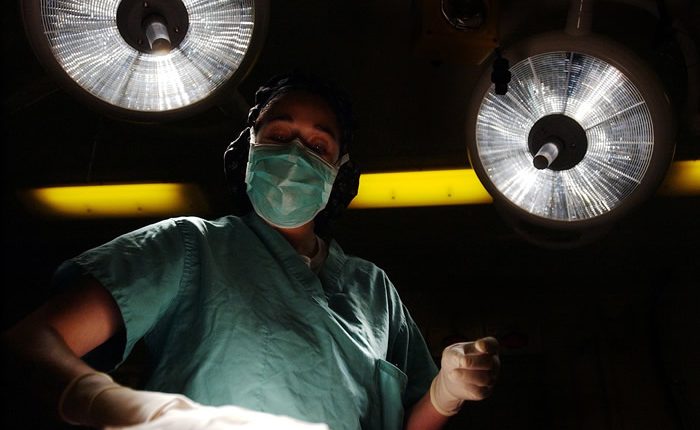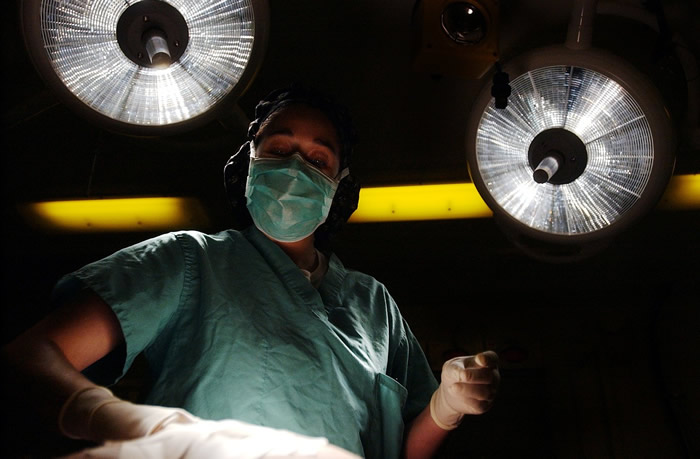Project Surgify to reduce bone damage during surgery
Worldwide every year an estimated 770,000 skull opening procedures are performed. In approximately 30% of these surgeries, some degree of damage is caused to the tissues under the skull. ‘Drilling is one of the riskiest parts of bone and dental procedures, as it requires physical force while extreme care must be taken with vulnerable tissues or vessels and nerves within the bones,’ says Visa Sippola, Project Coordinator.
Three years ago, Sippola worked as a researcher at HUS and the University of Helsinki and got the idea of less invasive bone surgery while talking with neurosurgeon Juha Hernesniemi.
“I called Petri Kuosmanen, Professor of Machine Design, who partnered me with a great engineering student, Shahab Haeri. We also recruited Juho Carpén, who studies industrial engineering, and we got the “New knowledge and business from research ideas” funding from TEKES,’ says Sippola, recalling the beginning of the commercialization project named Surgify.
The innovation patented by Surgify is actually an add-on that helps effectively but gently to separate the bone and the soft tissue beneath the bone at the drilling site. Especially with older patients, the sub-cranial tissue has often adhered to the skull.
“Our technology can also be utilized, for example, in thoracic reoperations, which are high-risk operations at worst since the heart or aorta may be tightly attached to the chest,” explains Sippola.
The effort of the multidisciplinary Surgify team to develop less damaging bone surgery is supported by a steering group composed of significant players in the field. In addition to Juha Hernesniemi, the group includes Mika Niemelä, Head of Neurosurgery at HUS, and Chief Physician Jari Salo, Professor of Orthopaedics and Traumatology.
Sippola and responsible project leader Kuosmanen thank Aalto for support and an inspiring atmosphere.
“It’s clear that there is an emphasis on health technology, and there is a great ‘can do’ spirit here,” Kuosmanen summarizes.
“Our goal is to begin clinical trials next spring. We aim to enter the market after one year,” reveals Sippola while admitting that commercialization does carry its challenges.
“Juha Hernesniemi once said that it will be challenging to convince the surgeons – we have to conclusively show them that the technology works. Nevertheless, less invasive bone surgery is a major opportunity: it can reduce human suffering as well as generate considerable time and cost savings. According to Hernesniemi, this is a real breakthrough.”
More information: Aalto University



Comments are closed, but trackbacks and pingbacks are open.